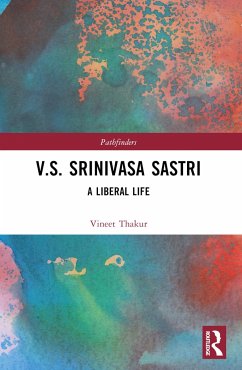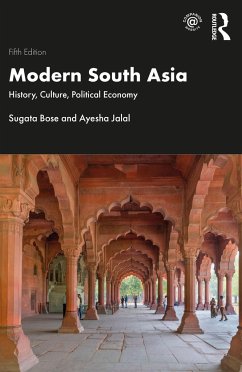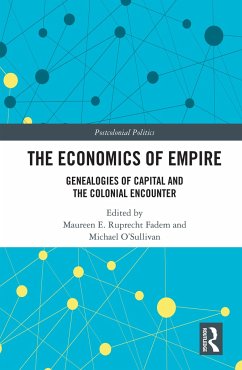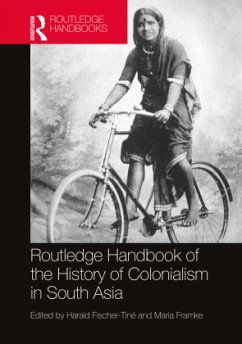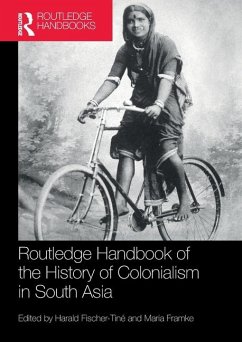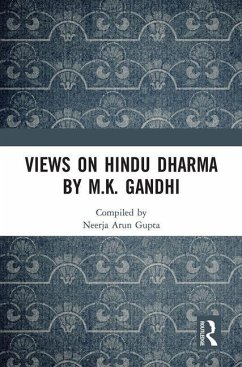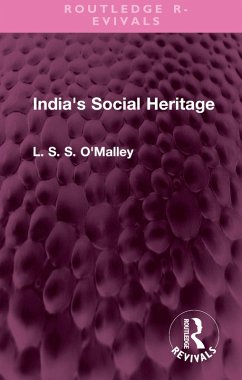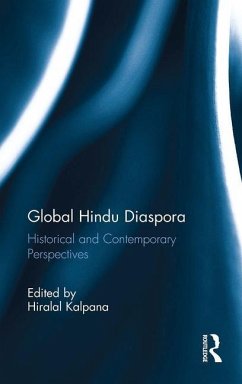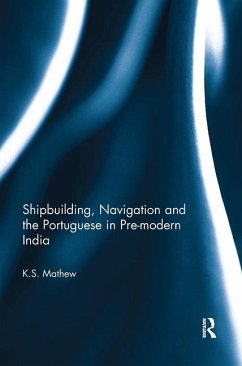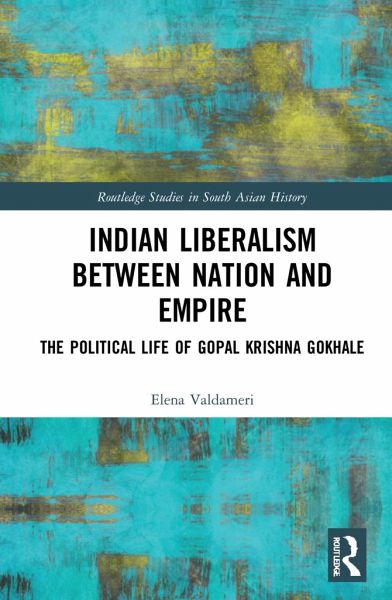
Indian Liberalism between Nation and Empire
The Political Life of Gopal Krishna Gokhale
Versandkostenfrei!
Versandfertig in 6-10 Tagen
154,99 €
inkl. MwSt.
Weitere Ausgaben:

PAYBACK Punkte
77 °P sammeln!
This book analyses the political thought and practice of Gopal Krishna Gokhale (1866-1915), preeminent liberal leader of the Indian National Congress who was able to give a 'global voice' to the Indian cause.Using liberalism, nationalism, cosmopolitanism and citizenship as the four main thematic foci, the book illuminates the entanglement of Gopal Krishna Gokhale's political ideas and action with broader social, political and cultural developments within and beyond the Indian national frame. The author analyses Gokhale's thinking on a range of issues such as nationhood, education, citizenship,...
This book analyses the political thought and practice of Gopal Krishna Gokhale (1866-1915), preeminent liberal leader of the Indian National Congress who was able to give a 'global voice' to the Indian cause.
Using liberalism, nationalism, cosmopolitanism and citizenship as the four main thematic foci, the book illuminates the entanglement of Gopal Krishna Gokhale's political ideas and action with broader social, political and cultural developments within and beyond the Indian national frame. The author analyses Gokhale's thinking on a range of issues such as nationhood, education, citizenship, modernity, caste, social service, cosmopolitanism and the 'women's question,' which historians have either overlooked or inserted in a rigid nation-bounded historical narrative. The book provides new enriching dimensions to the understanding of Gokhale, whose ideas remain relevant in contemporary India.
A new biography of Gokhale that brings into consideration current questions within historiographical debates, this book is a timely and welcome addition to the fields of intellectual history, the history of political thought, Colonial history and Indian and South Asian history.
Using liberalism, nationalism, cosmopolitanism and citizenship as the four main thematic foci, the book illuminates the entanglement of Gopal Krishna Gokhale's political ideas and action with broader social, political and cultural developments within and beyond the Indian national frame. The author analyses Gokhale's thinking on a range of issues such as nationhood, education, citizenship, modernity, caste, social service, cosmopolitanism and the 'women's question,' which historians have either overlooked or inserted in a rigid nation-bounded historical narrative. The book provides new enriching dimensions to the understanding of Gokhale, whose ideas remain relevant in contemporary India.
A new biography of Gokhale that brings into consideration current questions within historiographical debates, this book is a timely and welcome addition to the fields of intellectual history, the history of political thought, Colonial history and Indian and South Asian history.





